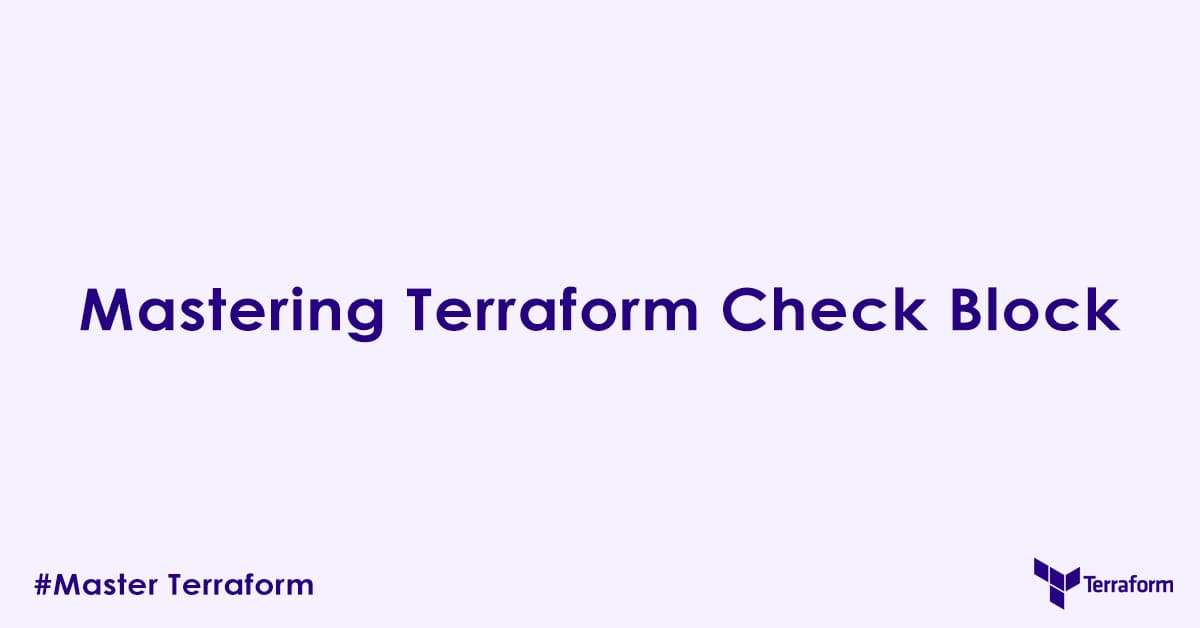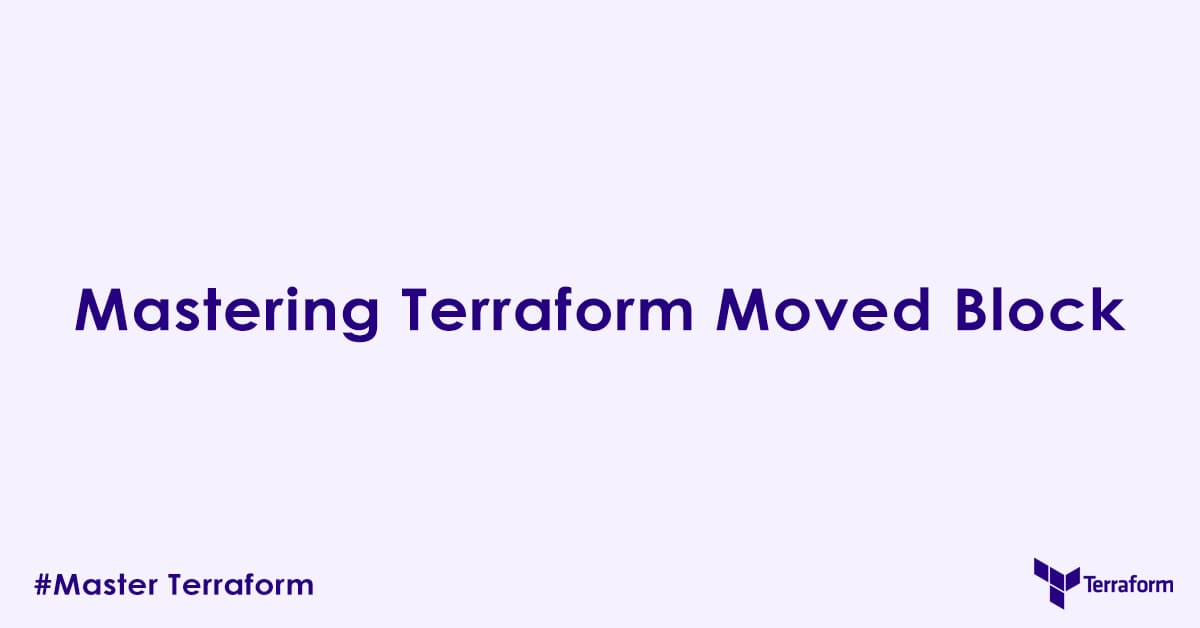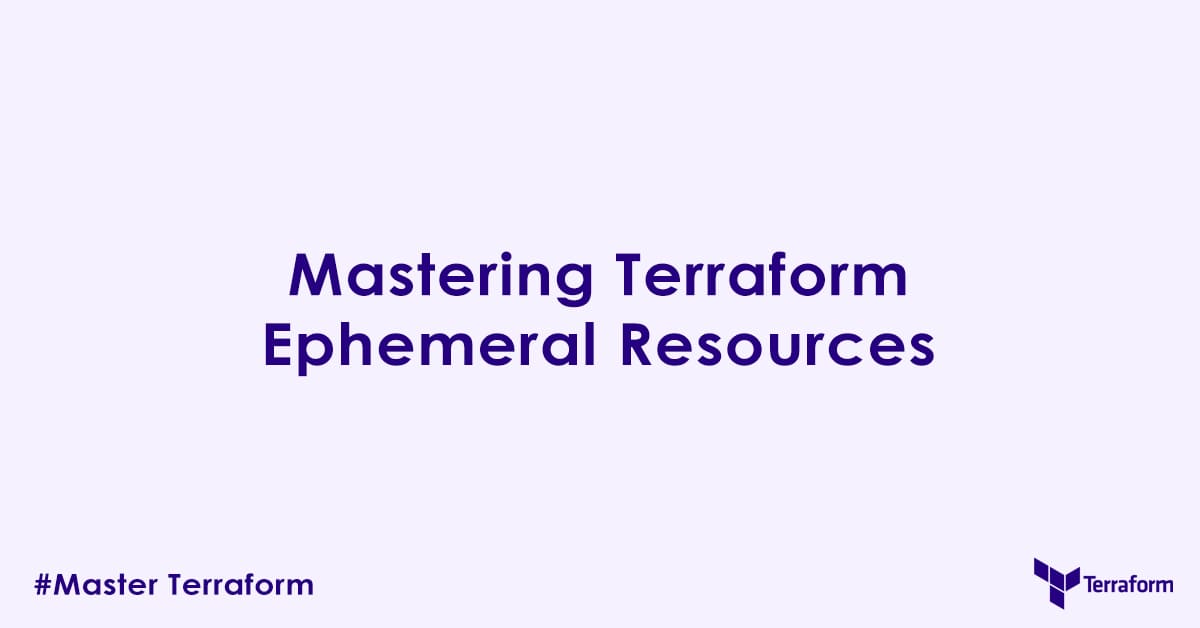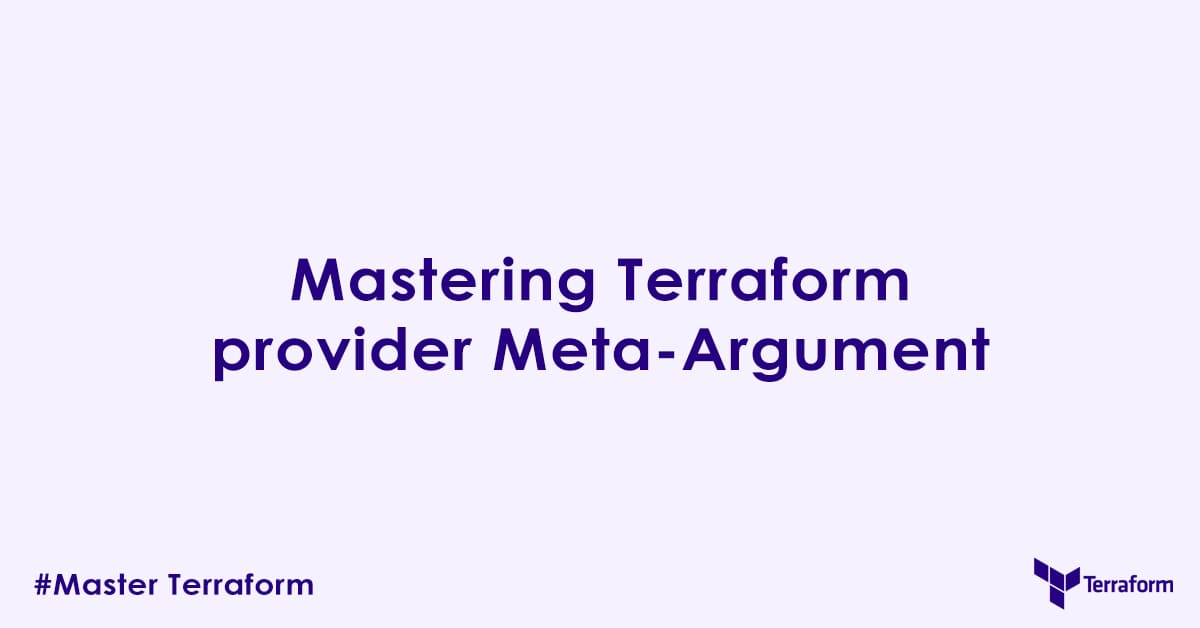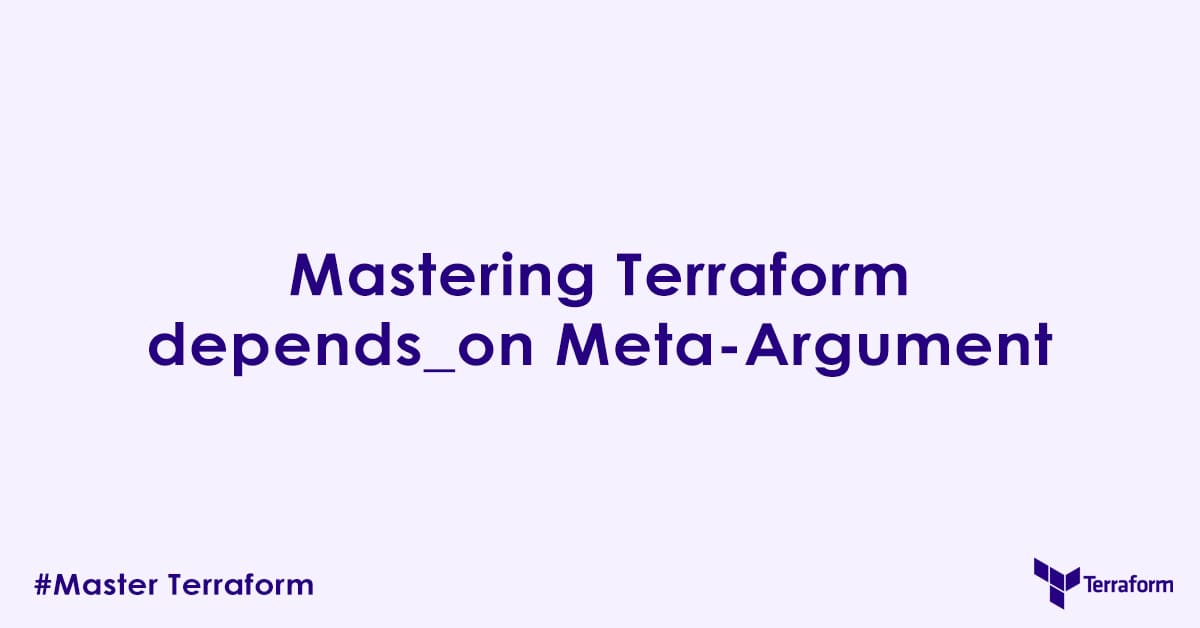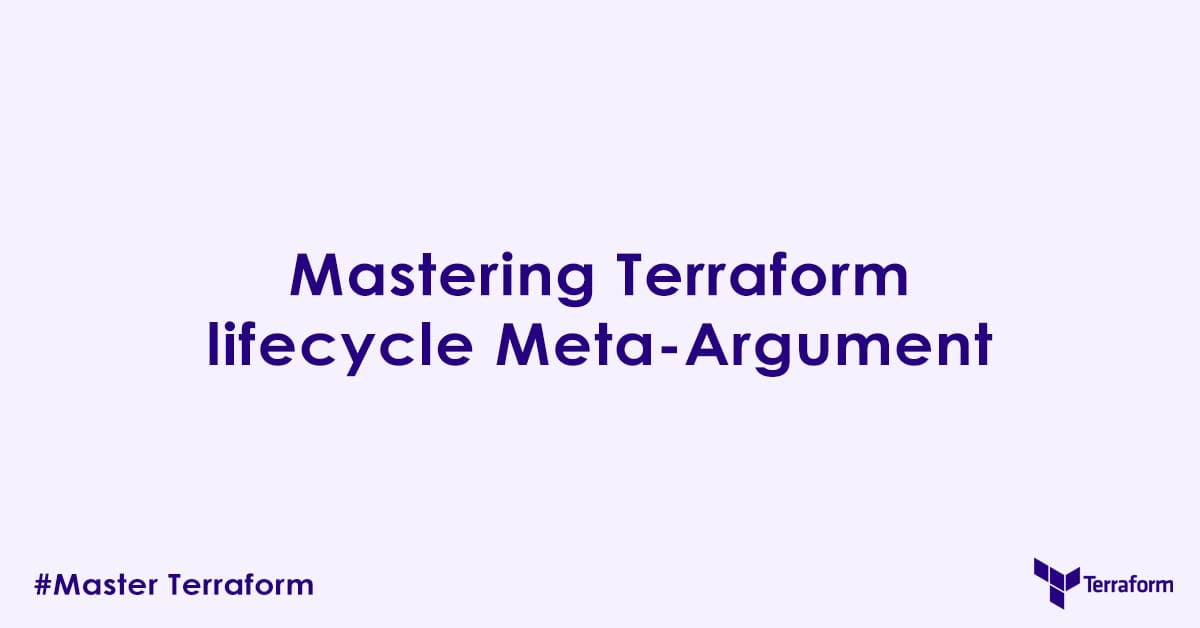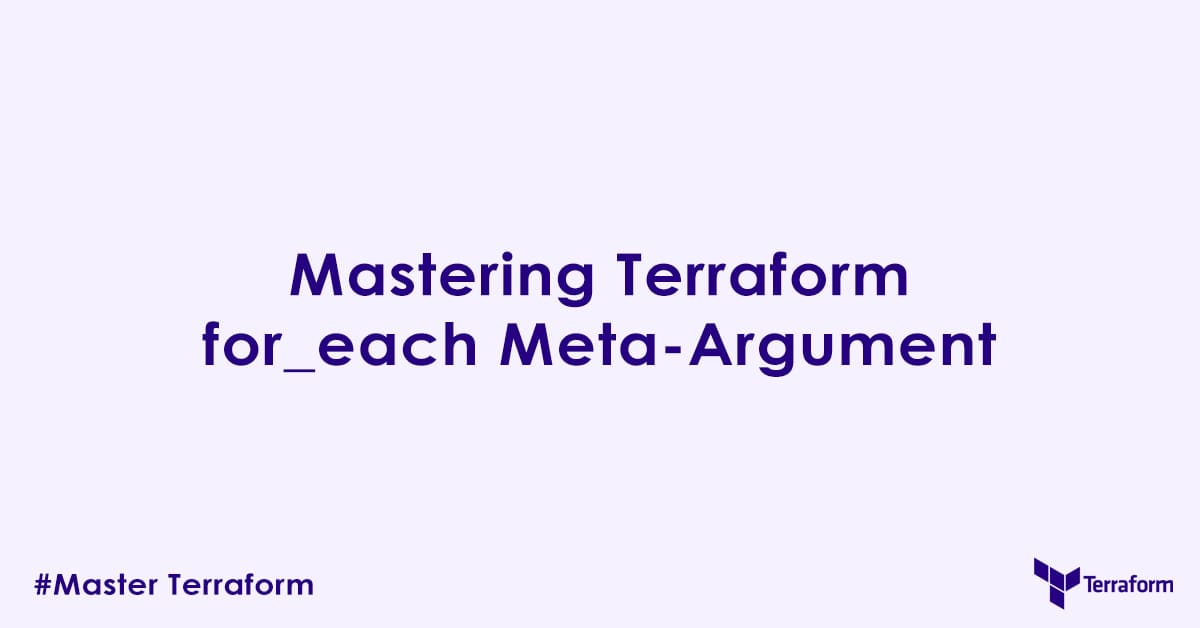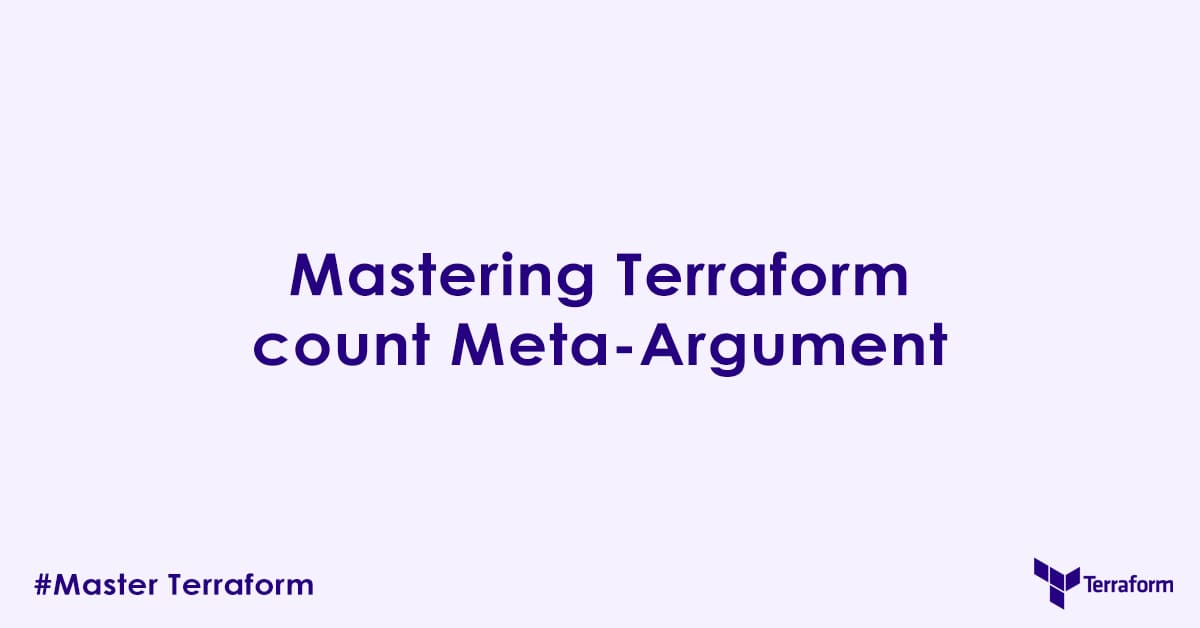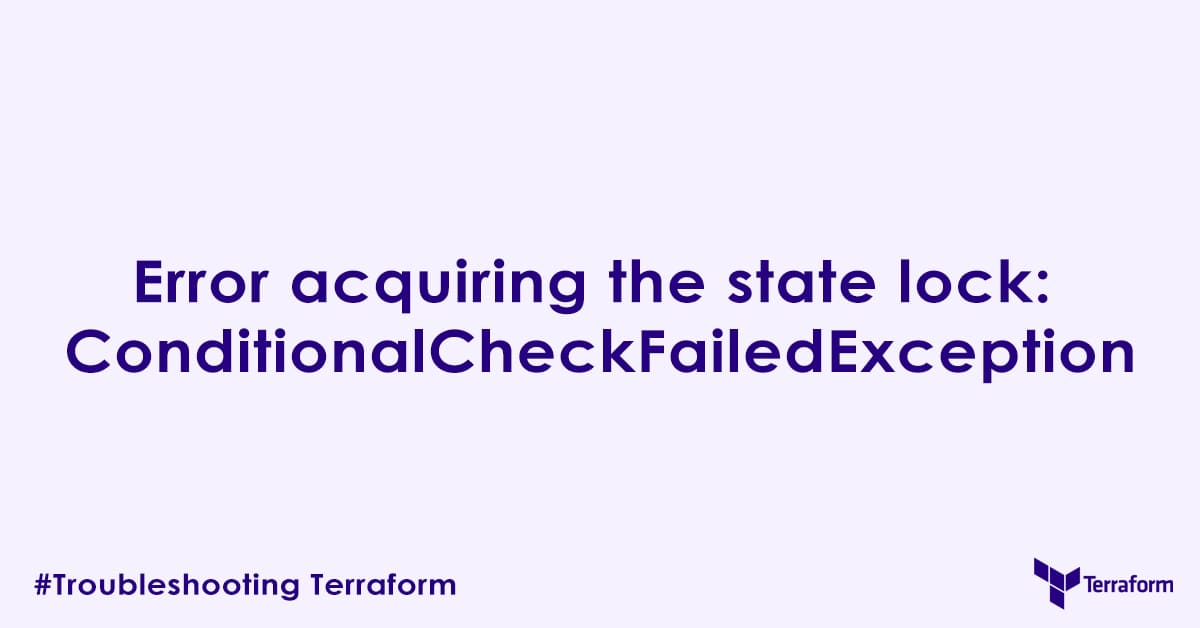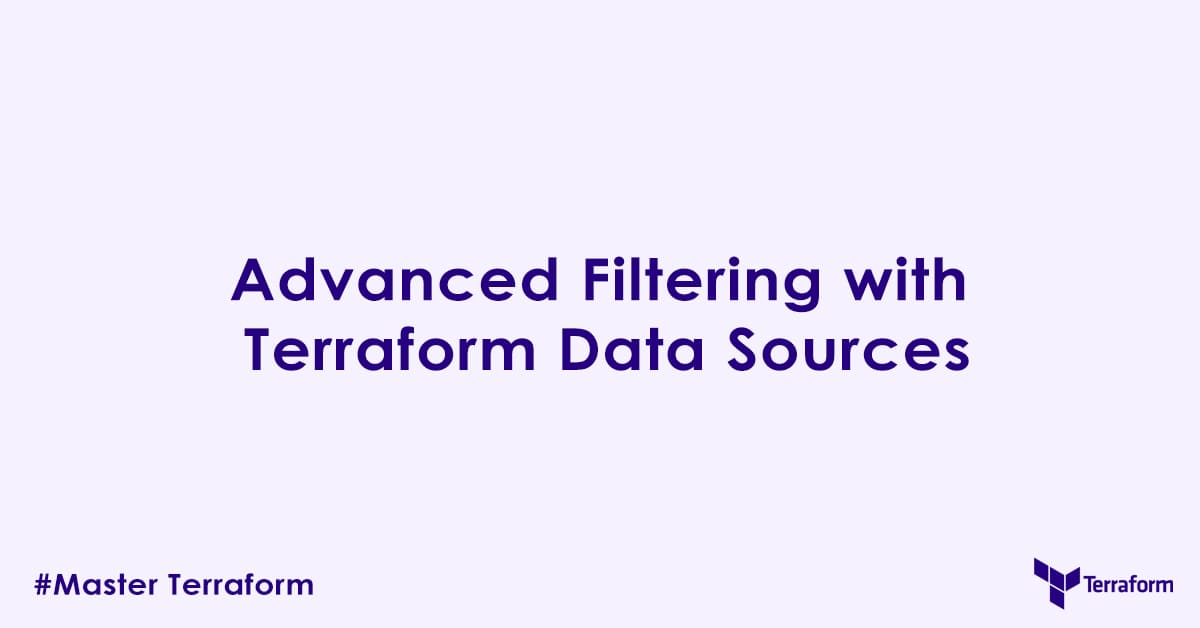Mastering Terraform Check Block
In today’s blog post, we will learn Terraform check block used to define custom conditions that execute on every Terraform plan or apply operation without affecting the overall status of an operation. Terraform is widely used for defining and managing your infrastructure’s desired state. But what if you need to assert conditions about your infrastructure’s state … Read more
